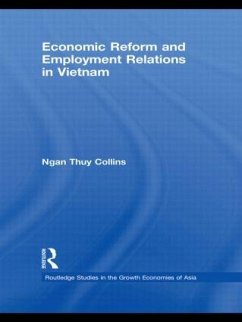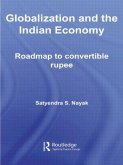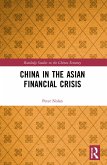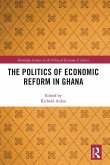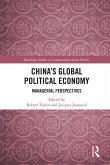The transformation of the Vietnamese economy from socialist planning to a market economy has led to Vietnam having one of the fastest economic growth rates in the world; and to also to Vietnam engaging much more with the international economy, joining the World Trade Organisation in 2006. This book fills a significant gap by surveying the economic reforms in Vietnam, where most studies have concentrated on other 'young tiger' economies. In particular it discusses the transformation of employment relations which have been a key part of the reforms and a necessary pre-condition to WTO membership. It examines the nature of employment reforms, analyses the motivation behind new policy initiatives and examines the detail of reforms in a range of business enterprises, reporting on extensive original research. Throughout it shows how several key forces have interacted - globalisation, government political interests, national cultural norms, market, managerial ideology and the special characteristics of particular firms - to produce a particular Vietnamese brand of post-communist market economy. Overall, this book illuminates the how employment relation practices are formed in transitional economies, and more broadly the economic and political transformation of socialist economies in the context of the global market.
This book surveys Vietnam's economic reforms since the start of the transition from socialist planning to market economy, and in particular their impact on employment relations: the transformation of which has been a key part of reforms and a necessary pre-condition to Vietnam's entry to the WTO in 2006.
This book surveys Vietnam's economic reforms since the start of the transition from socialist planning to market economy, and in particular their impact on employment relations: the transformation of which has been a key part of reforms and a necessary pre-condition to Vietnam's entry to the WTO in 2006.

